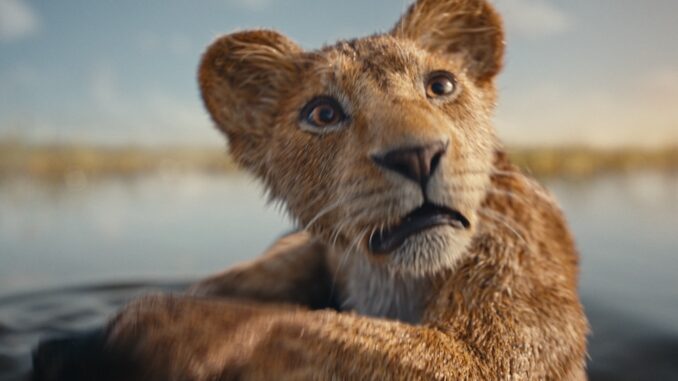
The biggest punishment that Mufasa (Aaron Pierre) gets as a young lion is this – that he has to hang around the women. If you’ve ever had an abusive, chauvinistic father say that to you, then you’ll know exactly how he feels – and the kind of disgusting chauvinism that his adoptive father has.
Even in lions (okay, they are fictional lions), gender stereotypes exist. But Mufasa strikes a blow against chauvinism – by showing us that it’s by mastering the strengths of both genders, that he eventually masters the villain of the film.
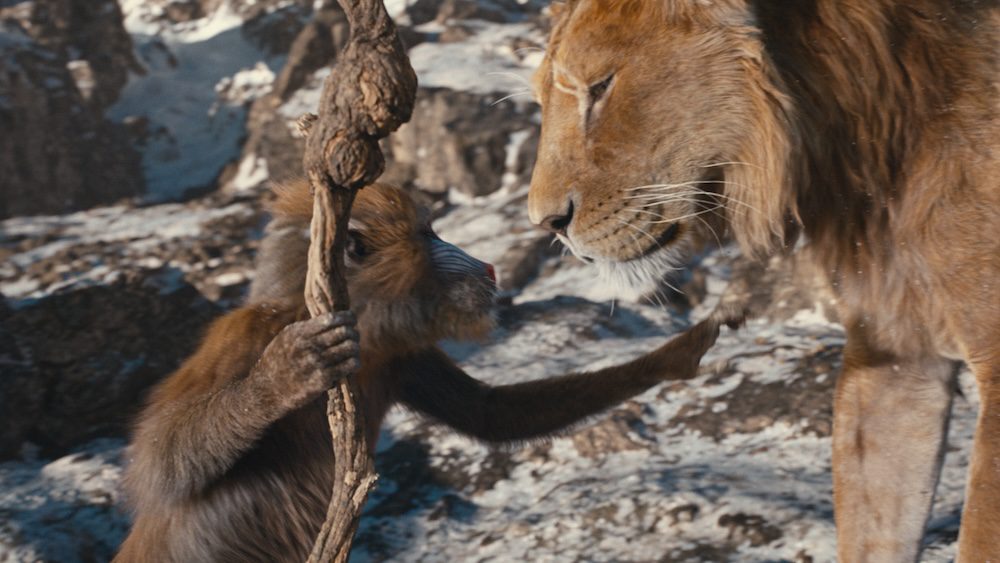
Synopsis
Mufasa: The Lion King is a photorealistic CGI drama with some musical elements, that is a sequel to 2019’s The Lion King. It tells the tale of how Simba’s father, the eponymous Mufasa, came to power and became the king we know he is in The Lion King.
Director: Barry Jenkins
Writer: Jeff Nathanson
Voice Cast:
- Aaron Pierre (Mufasa)
- Kelvin Harrison Jr. (Taka)
- John Kani (Rafiki)
- Seth Rogen (Pumbaa)
- Billy Eichner (Timon)
- Tiffany Boone (Sarabi)
- Donald Glover (Simba)
- Mads Mikkelsen (Kiros)
- Thandiwe Newton (Eshe)
- Lennie James (Obasi)
- Blue Ivy Carter (Kiara)
- Beyoncé Knowles-Carter (Nala)
- Preston Nyman (Zazu)
Running time: 118 minutes
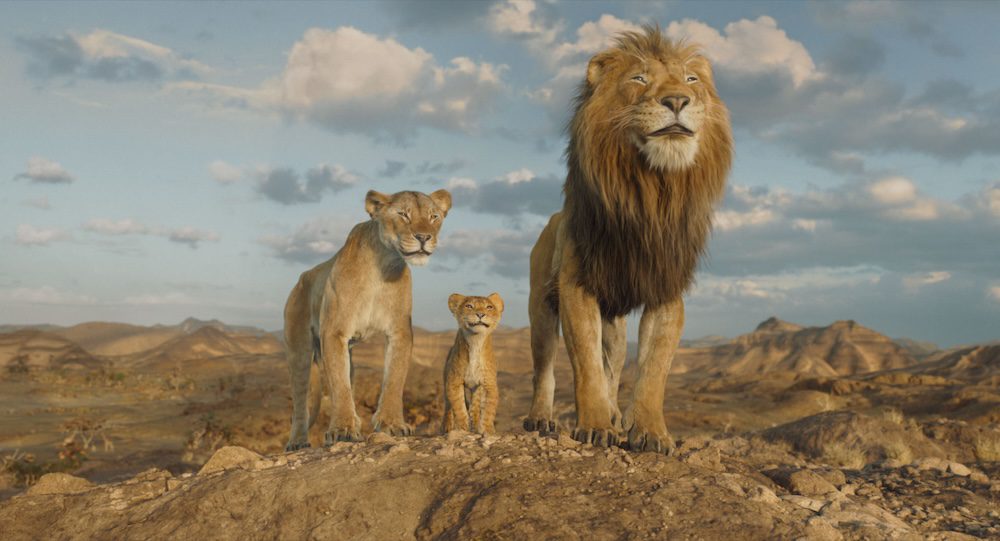
A familiar tale of gender roles and toxic masculinity
Mufasa’s adopted father, Obasi (Lennie James), is the typical bigot and traditionalist who is, in actuality, rather ineffective. Obasi’s attitude towards Mufasa, whom he considers to be of a lower class than him, is highly aggravating but unfortunately familiar. He tells Mufasa to go hang around the women (who actually all the hunting) because the men (himself and the other male lions) are just lounging around looking intimidating, as per their birthright. It’s a mantra that we see in many bigoted men these days, that carries that nasty stink of chauvinistic superiority.
Ironically, it’s because Mufasa hangs around with the lionesses of the pride that he learns valuable skills that no male lion has. He’s even lauded as a bit of a superhero at times, because of his mastery of both masculine and feminine skills as a lion. And if there’s a message that Mufasa: The Lion King drives home, it’s this – that Mufasa’s strength comes from him embracing both his feminine side and masculine side, rather than just because he’s a powerful male lion.
With a father like Obasi, it’s no wonder that his son, Taka (Kelvin Harrison Jr.) grows up to be the antagonist in a later film.
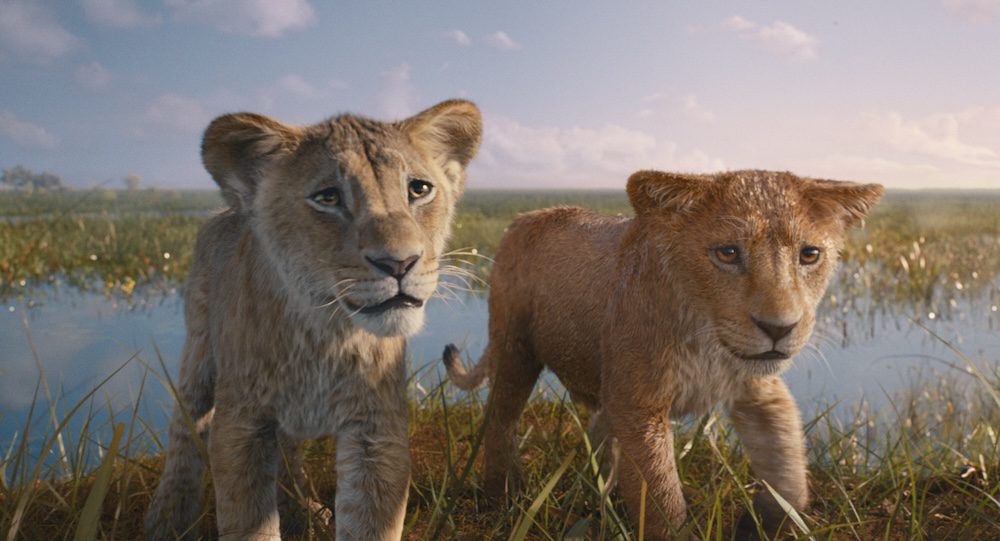
Mufasa truly is the greatest lion king
There’s no doubting that Mufasa is the most competent character in the film (he is the titular character, after all) because he can literally do everything. Fighting, tracking, wooing, singing, leading – Mufasa does it all, and achieves feats that are arguably greater than that of his son, Simba. There are some callbacks to Mufasa’s death in The Lion King (or is that foreshadowing?), but otherwise, Mufasa is probably the most unstoppable character in the entire movie.
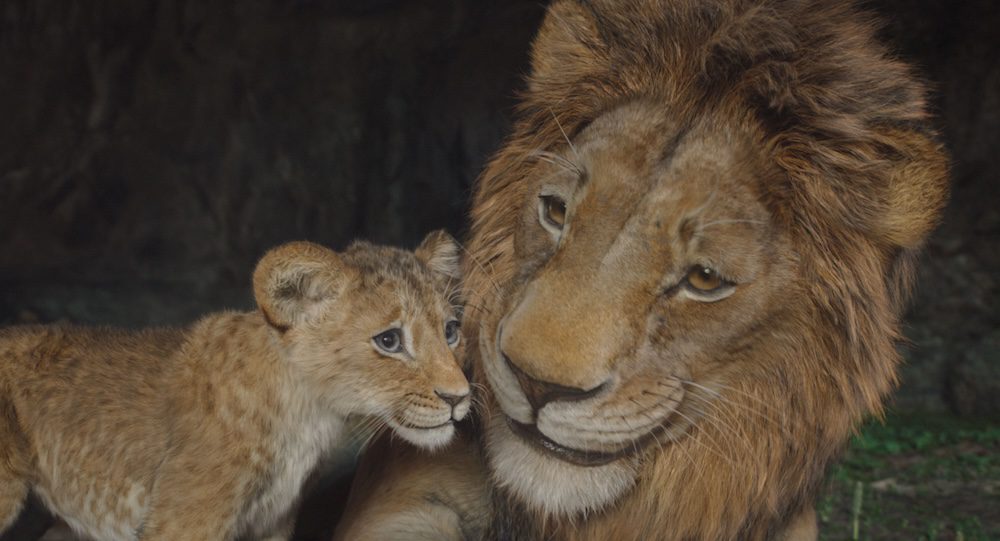
Animation explores different landscapes
Given that it’s been five years since The Lion King, you’d expect there to have been vast improvements in the already stellar animation. And to be honest, it’s hard to top the photorealism of the animals in the first movie – so what did the animators do? Give us lavish landscapes of all sorts, ranging from dank underwater caves to snowcapped mountainous regions. It’s a creative feat that draws us ever closer to the day that a “live-action” film can be done entirely though animation.
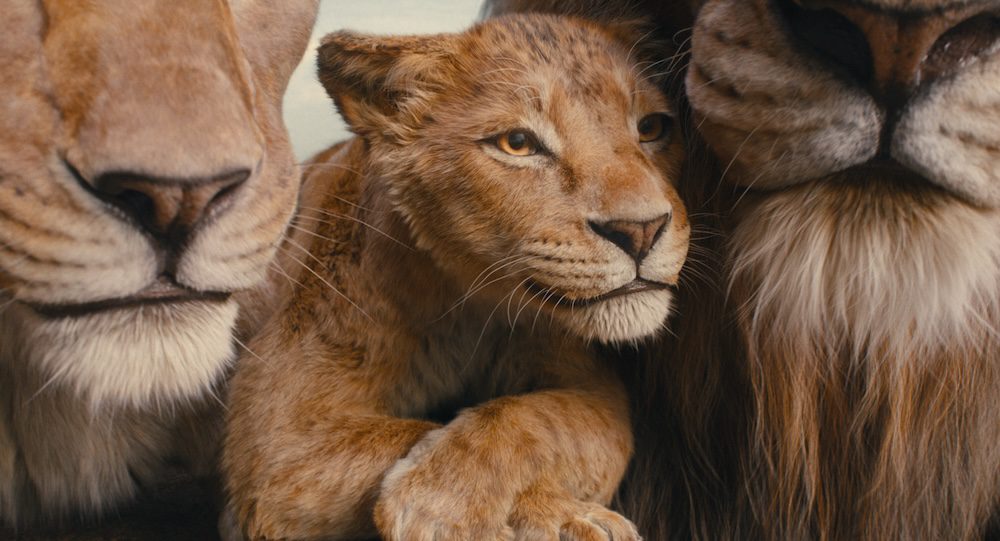
Lions galore
Compared to The Lion King, which only really centres around three lions, Mufasa: The Lion King gives us lions in spades. There’s Mufasa and his family, Taka and his family, love interest Sarabi (Tiffany Boone), antagonist Kiros (Mads Mikkelsen) and his pride, and another group of lions that joins Mufasa in the climax. This means we get to see lions battle each other all over the film, which satisfies the appetite for action in audiences.
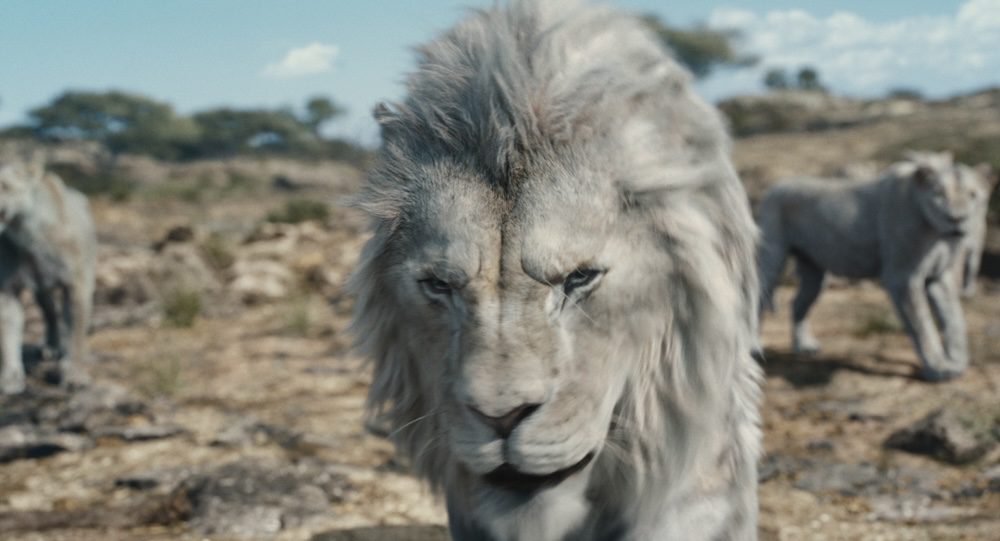
The story takes its time to unfold
Since you already know the end of the plot (Mufasa and Taka survive, the villain does not), the film takes a different approach to maintaining suspense. What it does is to show us that Mufasa’s background isn’t as we had expected – that his childhood was as much of a mess as Simba’s was. It’s also a tale of two brothers, hinted at in The Lion King, and how that brotherhood splintered due to ideological differences. Nevertheless, the narrative seems to go in deliberately counter-intuitive directions to keep us guessing – and wondering.
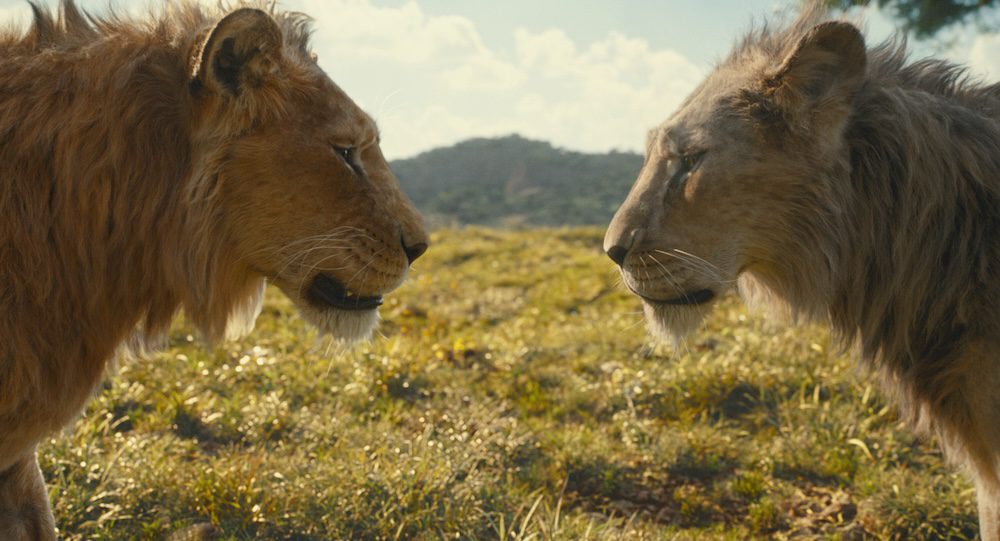
Timon and Pumbaa are insufferable
Timon (Billy Eichner) and Pumbaa (Seth Rogen) serve as a comic relief in the story, serving up their commentary on the Mufasa’s tale. But there’s one problem.
It’s not funny.
And their constant antics grow so stale that it soon becomes this fetid stench in the film. Just as we’re on the edge about Mufasa’s next exploit, the scene cuts back to Timon and Pumbaa’s inane utterances. It artificially bloats the film and actively reduces the grandeur of Mufasa’s story. If you’re watching it, you can check your phone during Timon and Pumbaa’s scenes – I guarantee it’ll make the movie a much better experience.
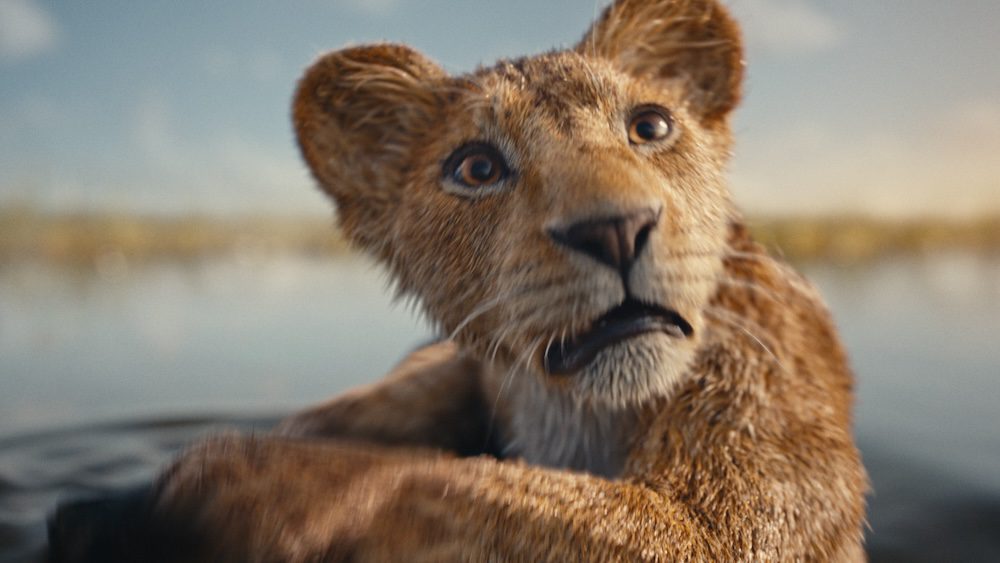
Should you watch it?
If you were a fan of The Lion King, then yes. It gives us more background on Mufasa, and why he’s the OG Lion King. We also get to see more lions (which, frankly, are the most interesting animal in the franchise) and see various other climates in the Pride Lands ecosystem (kind of). While the plot could have been sped up, with the omission of Timon and Pumbaa, it still gives audiences more of what they want – lions vying for supremacy. And lest you think it’s all about battles of brawn, Mufasa’s prowess comes from the fact the learnt what were derided as “womanly” skills earlier in the film.
Score: 6.4/10
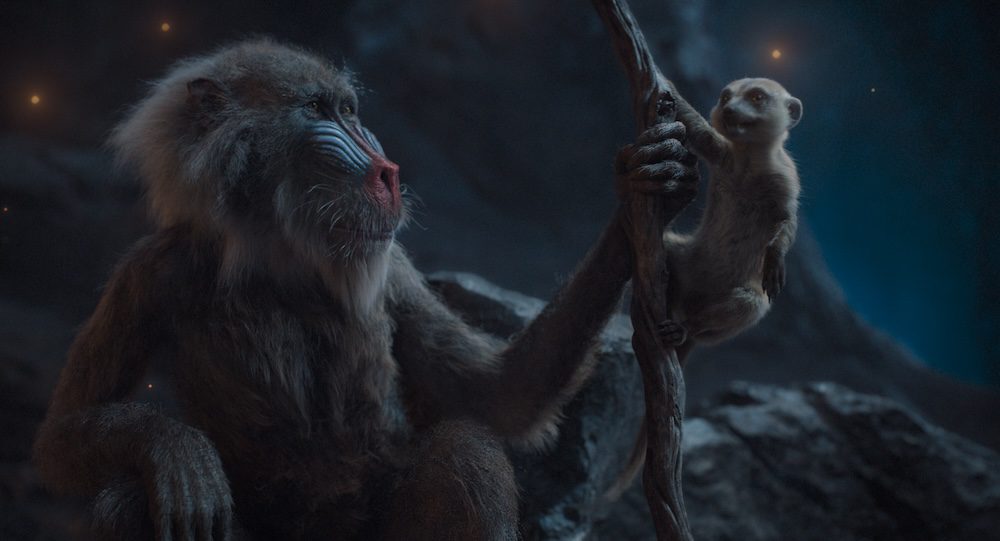
You might also want to read:
- [Movie Review] ‘The Lion King’ is an impressive feat of CGI but the voices are awkward
- [Theatre Review] ‘The Lion King’ is a magnificently executed journey
- [Movie Review] ‘Aladdin’ breaks new ground as the best live-action Disney remake
- [Movie Review] You’ll believe an elephant can fly in ‘Dumbo’, but the humans are just phoning it in
- [Movie Review] LeFou shines in ‘Beauty and the Beast’
- [Movies] 6 more dumb reasons not to watch ‘Beauty and the Beast’
- [Movie Review] You’ll never see animals the same way again after ‘The Jungle Book’
- [Movie Review] “Cinderella” is an enchanting retelling of a classic tale
Leave a Reply